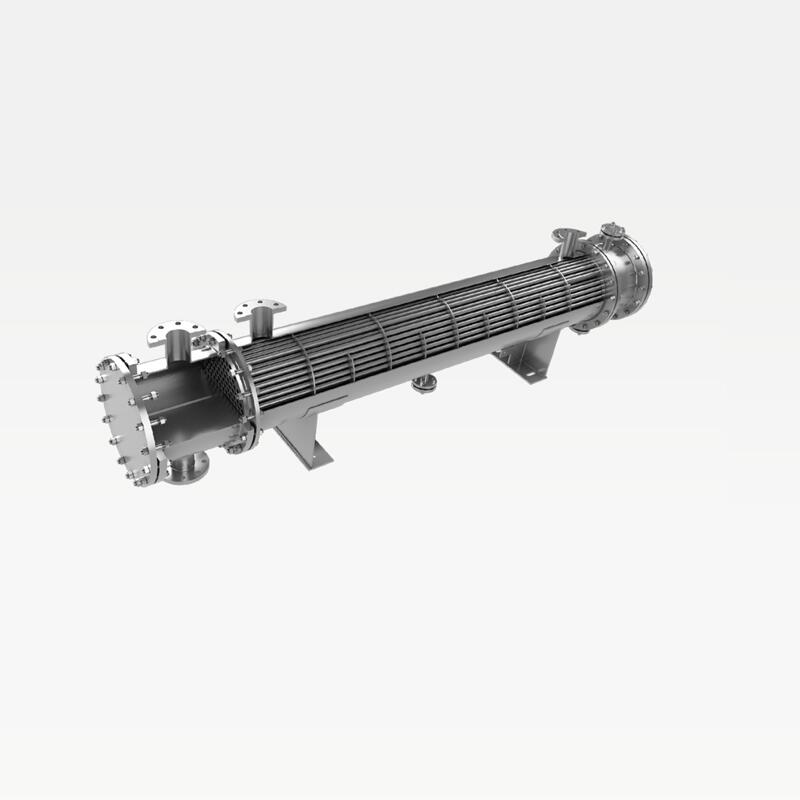-
Categories
-
Pharmaceutical Intermediates
-
Active Pharmaceutical Ingredients
-
Food Additives
- Industrial Coatings
- Agrochemicals
- Dyes and Pigments
- Surfactant
- Flavors and Fragrances
- Chemical Reagents
- Catalyst and Auxiliary
- Natural Products
- Inorganic Chemistry
-
Organic Chemistry
-
Biochemical Engineering
- Analytical Chemistry
-
Cosmetic Ingredient
- Water Treatment Chemical
-
Pharmaceutical Intermediates
Promotion
ECHEMI Mall
Wholesale
Weekly Price
Exhibition
News
-
Trade Service
Solvent naphtha, also known as petroleum, is a hydrocarbon-based liquid that is derived from crude oil through a distillation process.
It is a versatile solvent that is widely used in the chemical industry for various applications.
In order to ensure the safe and effective use of solvent naphtha, it is important to follow proper instructions and guidelines.
One of the most important considerations when handling solvent naphtha is the proper storage and handling of the material.
This includes storing the material in a well-ventilated area and away from any sources of ignition or heat.
It is also important to handle the material with appropriate personal protective equipment, such as gloves and safety glasses, to prevent skin contact or eye irritation.
When handling solvent naphtha, it is important to avoid any contact with the material, as it can be harmful if it comes into contact with the skin or eyes.
In case of contact, it is important to immediately flush the affected area with plenty of water and seek medical attention if necessary.
It is also important to avoid breathing in the vapors of the material, as they can be irritating to the respiratory system.
Another important consideration when handling solvent naphtha is the proper disposal of the material.
This includes disposing of any waste material in accordance with local and federal regulations, and taking steps to prevent any potential environmental impacts.
This may include using appropriate containment measures, such as dikes or barriers, to prevent any spills or leaks from reaching the surrounding soil or water.
In addition to proper storage and handling, it is also important to follow proper safety procedures when working with solvent naphtha.
This includes conducting regular safety assessments and training sessions to ensure that all employees are aware of the potential hazards associated with the material and know how to handle it safely.
It is also important to have appropriate emergency response plans in place in case of any accidents or incidents.
When it comes to using solvent naphtha in the chemical industry, there are a number of applications where it is commonly used.
One of the most common applications is in the production of various chemical intermediates, such as ethylene and propylene, which are used in the production of a wide range of chemical products.
Solvent naphtha is also commonly used as a solvent in the production of various coatings, inks, and adhesives.
Another common application of solvent naphtha is in the production of various cleaning products, such as degreasers and solvents for removing grease and dirt from surfaces.
It is also used in the production of various fuels, such as jet fuel and gasoline, and in the manufacturing of various plastics and synthetic fibers.
Overall, solvent naphtha is a versatile and essential material in the chemical industry, and it is important to handle it safely and responsibly to prevent any potential hazards.
By following proper storage, handling, and safety procedures, and by using the material in appropriate applications, solvent naphtha can be used effectively and safely to support a wide range of chemical processes and products.







